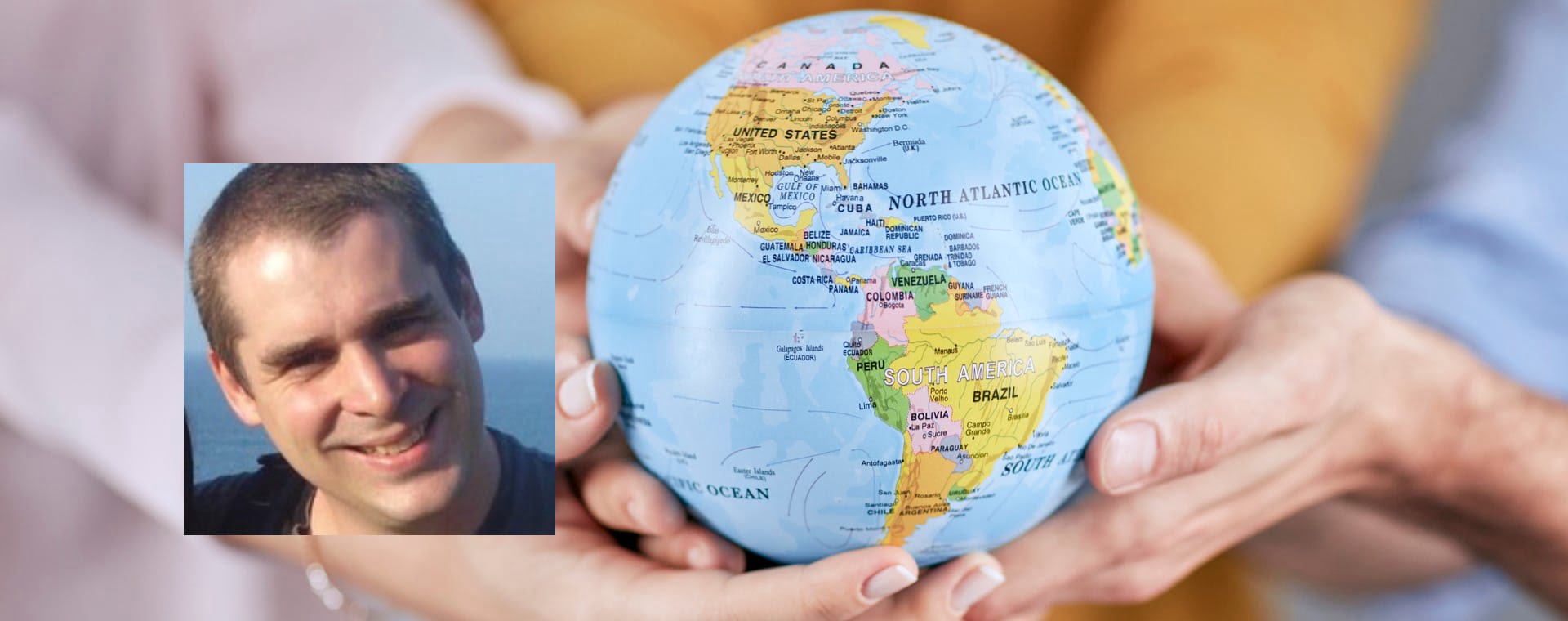I had the great pleasure to interview Thomas Wallet, an old friend with whom I reunited after many years.
Thomas works at Kleer, a company that helps organizations in Argentina and other countries to walk the path to Agility. Thomas is from France but has been living in Argentina for several years now and has been supporting several Agile communities in LATAM. Thomas had been working remotely for years before the pandemic, and has been experimenting with different ideas that are more relevant in the current situation. He pointed out that an effect of the pandemic — that is not necessarily negative — is that people, organizations, and communities had to quickly adapt to remote collaboration.
According to Thomas, almost nobody was prepared for remote collaboration and had to learn in record time. He sees in this new normality an opportunity for something he calls “empower distributed collaboration”, a concept that basically refers to get results from teams that work remotely.
Thomas acknowledges that it is hard for everybody to separate personal from professional life since both are present when people work from home. It is important to accept that these two exist and that we need to accept that there will be interruptions or family members showing up on camera. Instead of trying to create an interruption-free environment that looks professional at home, he recommends that we just accept this situation because it’s part of being human.
Thomas recommends that each person agrees with their family about working hours. He also recommends keeping to a routine. His third recommendation is to keep a sustainable pace, incorporating breaks and other relaxation activities. It is vital to have breaks integrated to a working day, for example taking a short break after each hour or hour and a half. Organizations should urge their employees incorporate these breaks, he said.
Another important recommendation that Thomas mentioned is to distribute time between asynchronous work and meetings — it is key to realize that not everything needs to be done in synchronous mode and much can be done in asynchronous mode. Thomas also commented that work should not be based on hours assignation and tracking anymore. Now more than never before, Agile leaders should set clear goals and let people do the work.
Thomas thinks that remote collaboration will have repercussions in the post-pandemic era, since people and organizations will eventually find effective ways for working remotely that they’ll likely keep. The pandemic accelerated awareness in organizations that ended up enabling remote collaboration.
Thomas observed that several of his clients had a decrease in productivity when lockdown started, but this situation also accelerated change. In closing, Thomas highlighted the importance of humanizing connections with people who collaborate remotely, because this humanization is what enables people to stay together moving forward.











